Mechano-Informatics Laboratory

Rresearch images
multimedia
software
multi
Problems in modern society do not fall only into a single specialized field. Under the prospects for the future, methods to solve these problems are formed comprehensively by linking them with various technologies and scientific elements, whilst
placing harmony to limit the environmental problems and resource problems, and with traditional culture and values at its base.
The System Engineering and Science Course aims to nurture researchers and engineers who have an ability to identify cross-disciplinary problems involving multiple disciplines and who have comprehensive problem-solving skills. In order to achieve
this goal, students will establish the issues facing modern society in a flexible manner based on science and technology, culture and values, society and the environment, and the ethics for engineers as their basis, they will use specialized
knowledge, which will become the core of their own research, as well as the background knowledge beyond disciplinary frameworks and system thinking acquired through completing, 1. Compulsory subjects; 2. Research guidance and specialized subjects;
3. Elective subjects; 4. Common subjects.
This course has set the goal that students will be able to establish the issues in modern society in a flexible manner based on science and technology, culture and values, society and the environment, and the ethics for engineering practice.
As their basis, they will use the specialized knowledge, which will become their core knowledge, as well as the background knowledge beyond the disciplinary framework and system thinking. They will also acquire the skills to identify cross-disciplinary
problems and comprehensive problem-solving skills. Shibaura Institute of Technology will confer the Master's degree in System Engineering to those who have registered with the Master's Program for the prescribed period, when the above-described
objectives are judged to have been achieved through completing the compulsory subjects, research guidance and specialized subjects, elective subjects and common subjects in the program as well as completing a Master's thesis.
The requirements for completion to achieve the goals above are specifically determined as follows.
Students will acquire:
In relation to these requirements for completion, the assessment criteria for a Master's degree are defined as follows.
Criteria for the judgement of the Master's thesis are as follows:
“The submitted Master's thesis includes information confirming that the candidate has presented more than one paper at an academic conference*, or the thesis should include an equivalent result.**”
* This includes a presentation at a lecture, an annual meeting, and a seminar or a symposium of an academic association, a presentation at an international conference, publication of an article or a letter in an academic journal, or equivalent
publication.
** Results equivalent to a presentation at an academic conference refers to results produced other than at an academic conference such as obtaining a patent, or a result equivalent to a presentation or publication at an academic association
or in an academic journal.
For the purpose of achieving its educational and research objectives, this course will implement the following synthesis (synthesis thought) led education and research:
The System Engineering and Science Course, which is characterized by interdisciplinary education and research, seeks students who :

 multimedia
multimedia software
software multi
multi

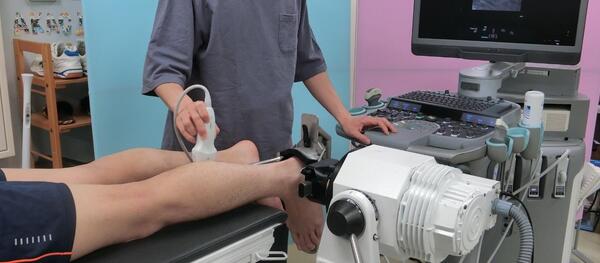
 health
health
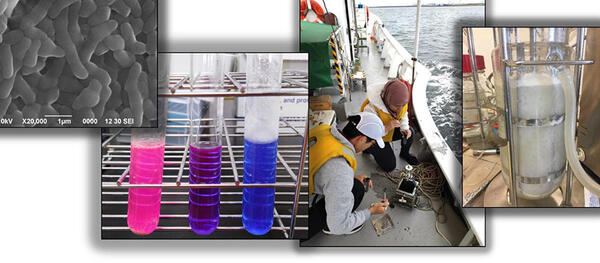
 biotechnology
biotechnology


 robot
robot mechanical
mechanical productdesign
productdesign


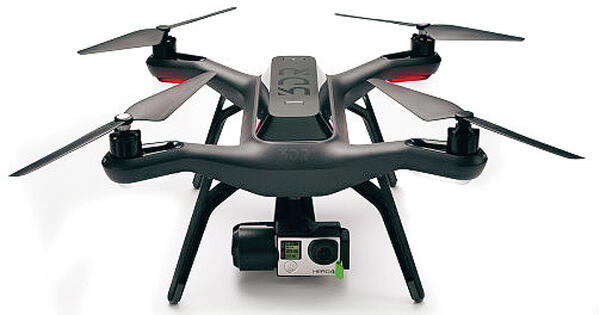
 robot
robot
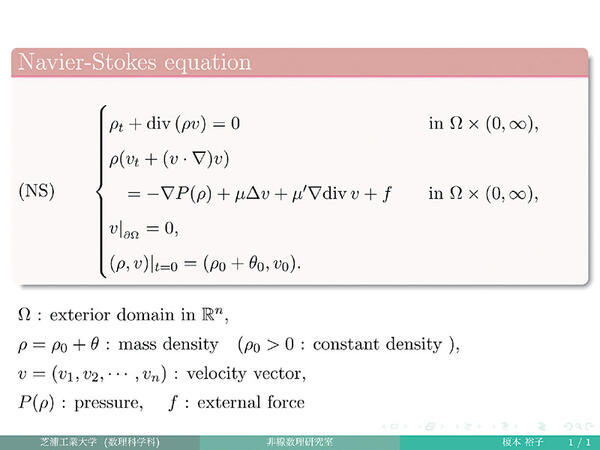
 basic
basic
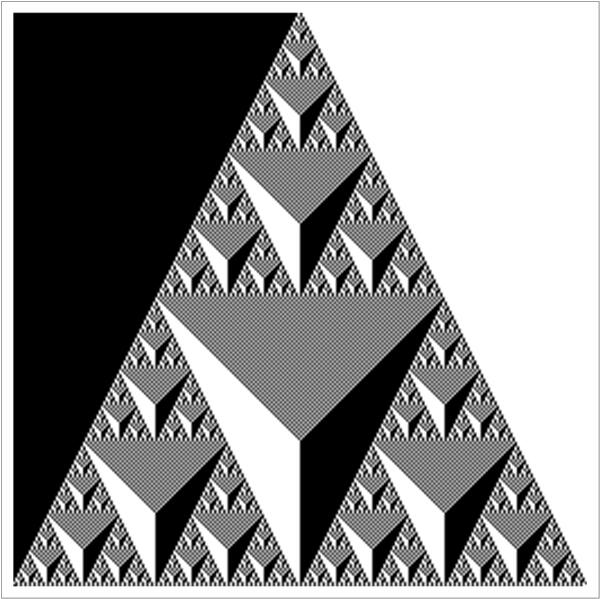
 society
society multi
multi basic
basic
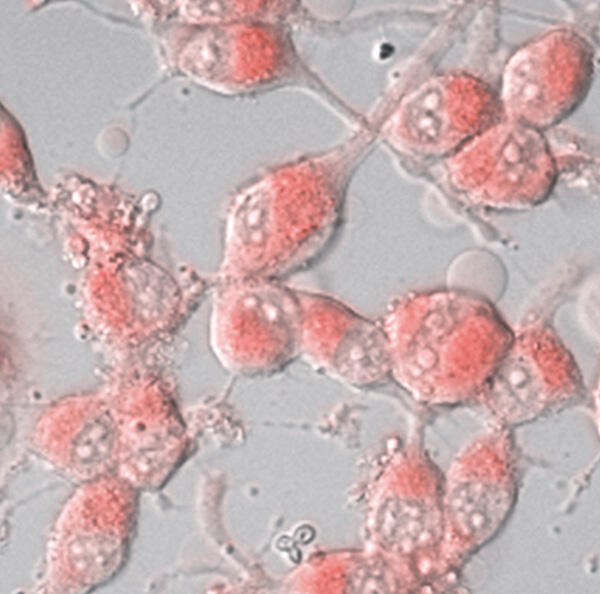
 chemistry
chemistry medical
medical health
health


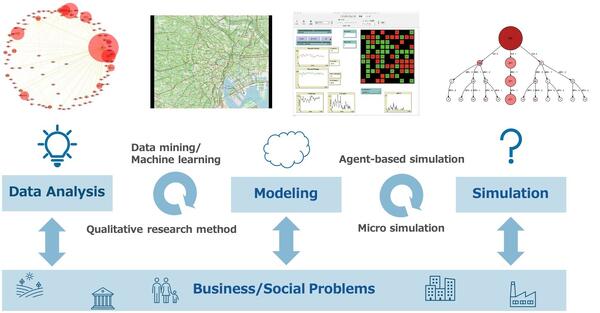
 society
society


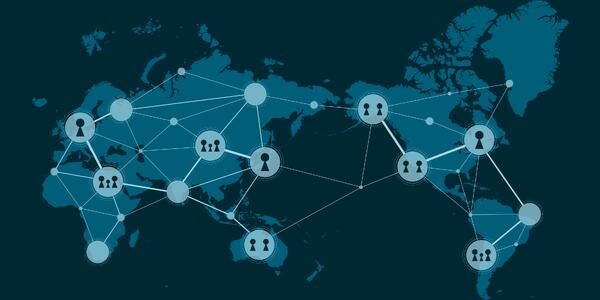
 software
software society
society


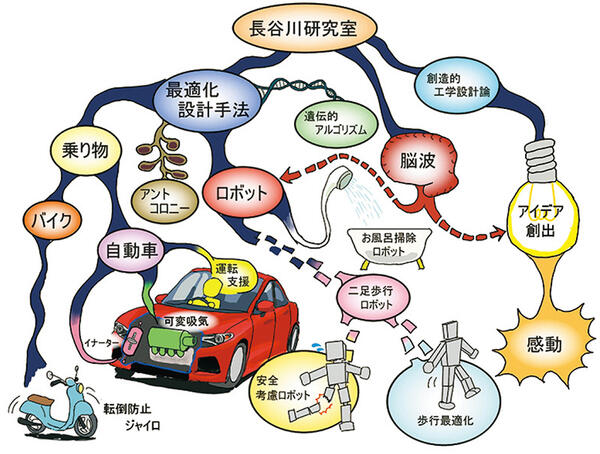
 multi
multi


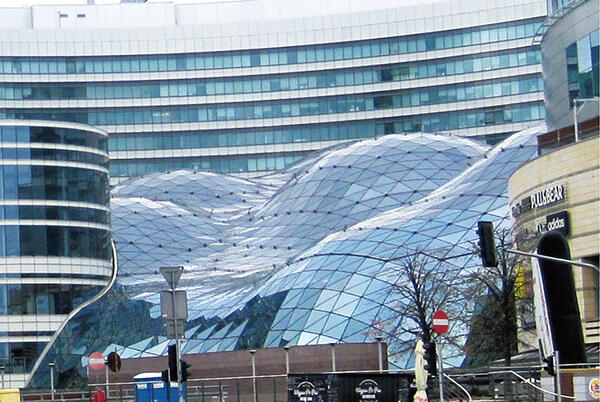
 basic
basic
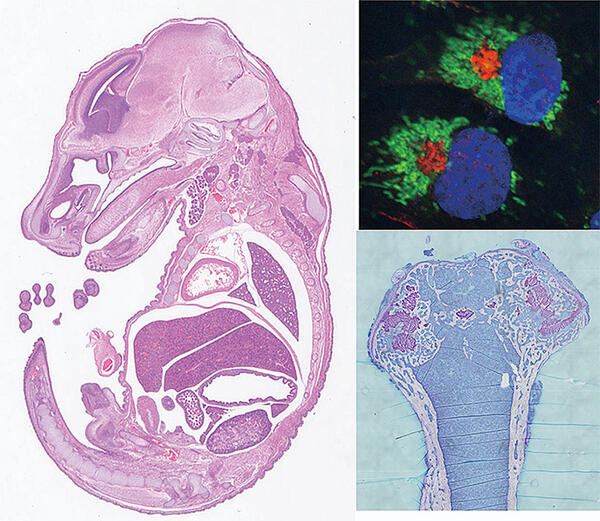
 chemistry
chemistry medical
medical health
health


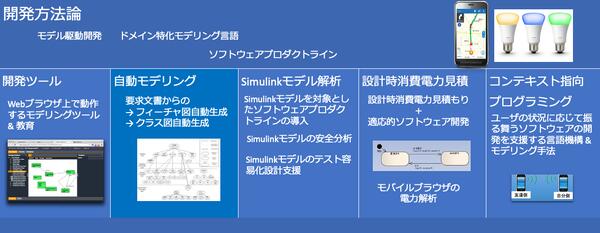
 robot
robot software
software car
car
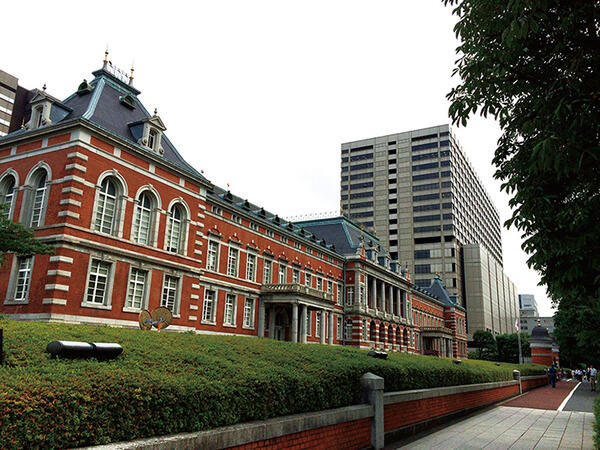
 society
society


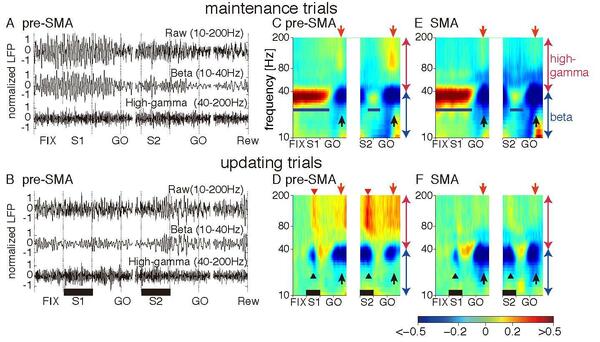
 software
software biotechnology
biotechnology medical
medical

 safety
safety environment
environment society
society


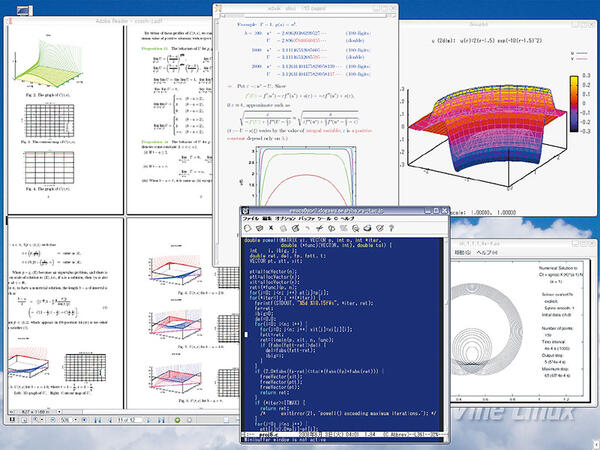
 basic
basic

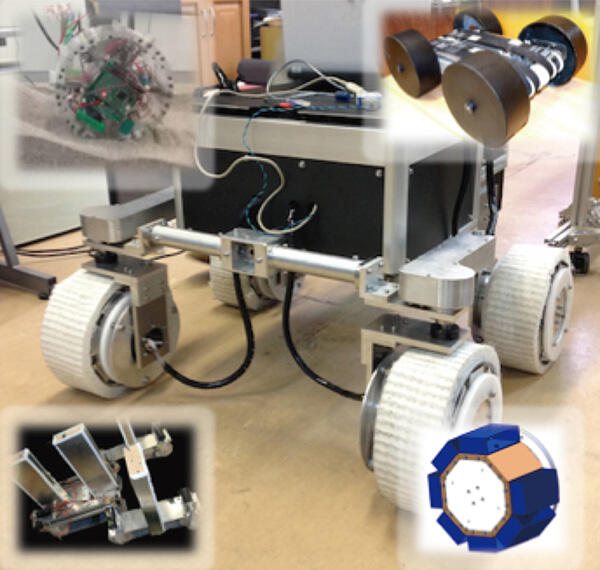
 robot
robot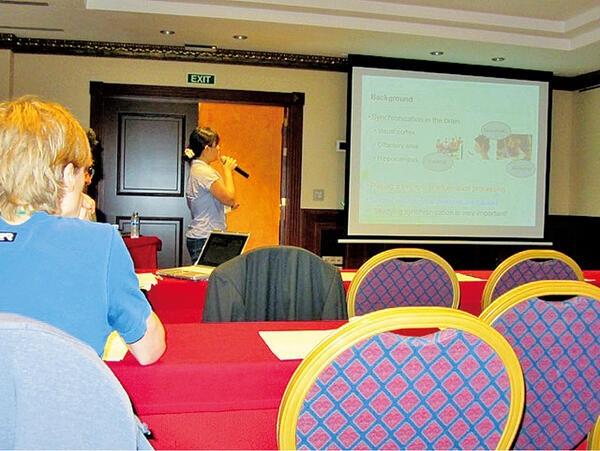
 multi
multi
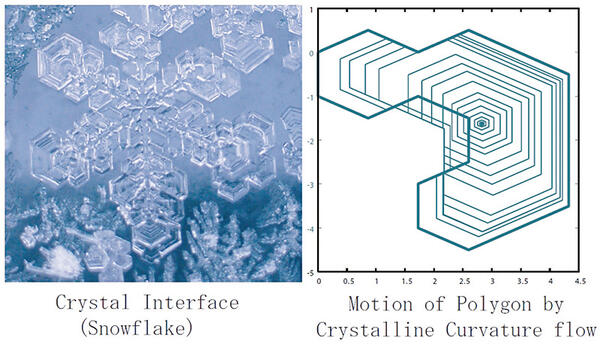
 basic
basic

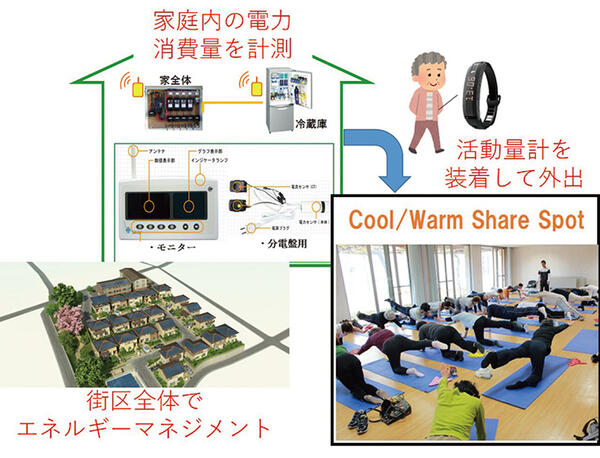
 energy
energy environment
environment society
society


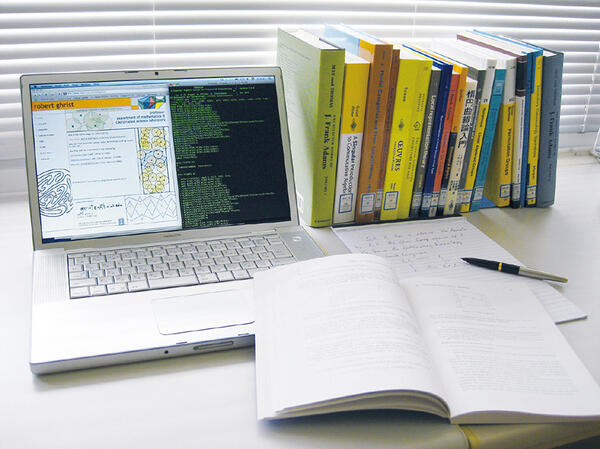
 multi
multi




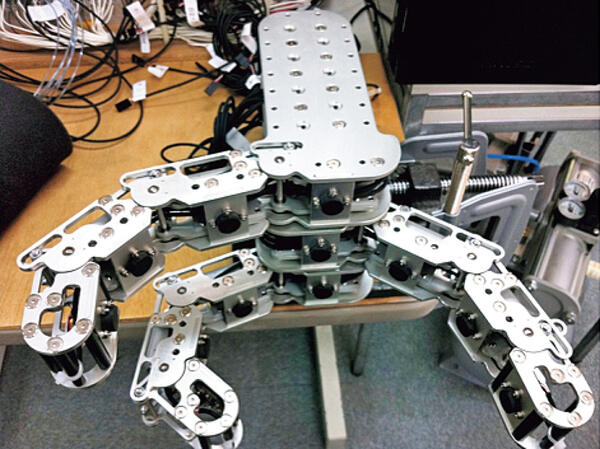
 mechanical
mechanical

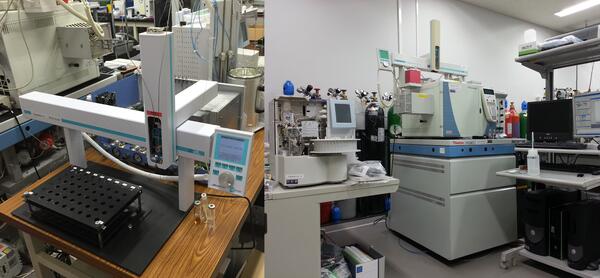
 chemistry
chemistry safety
safety environment
environment


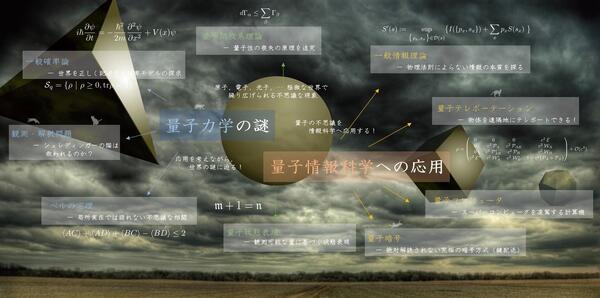
 basic
basic


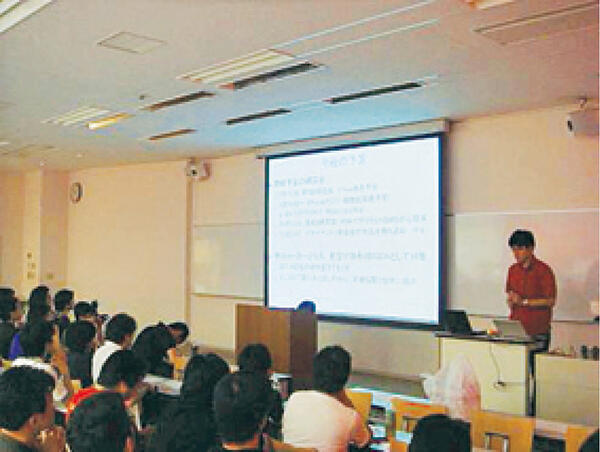
 education
education


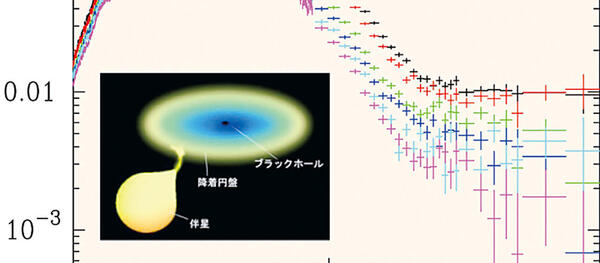
 basic
basic education
education
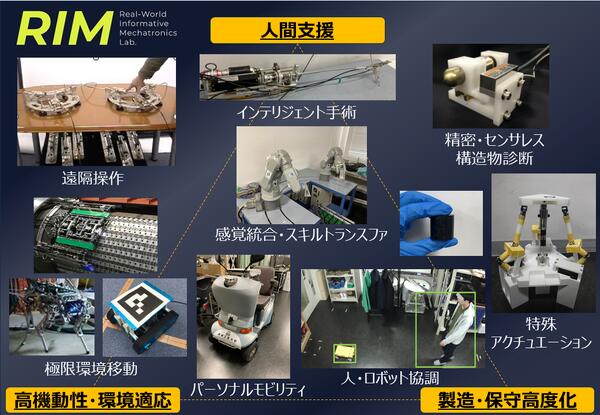
 robot
robot mechanical
mechanical informationdesign
informationdesign


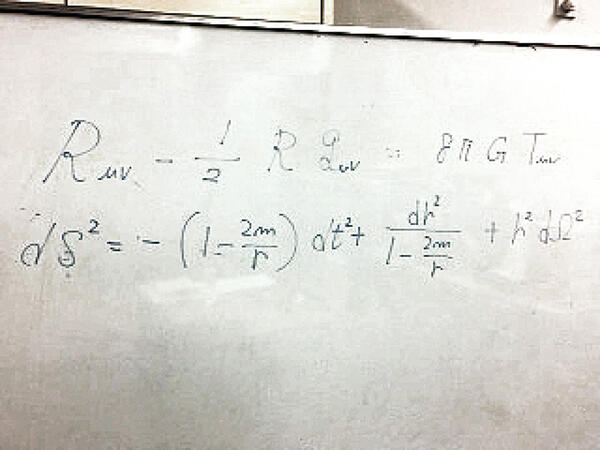
 basic
basic

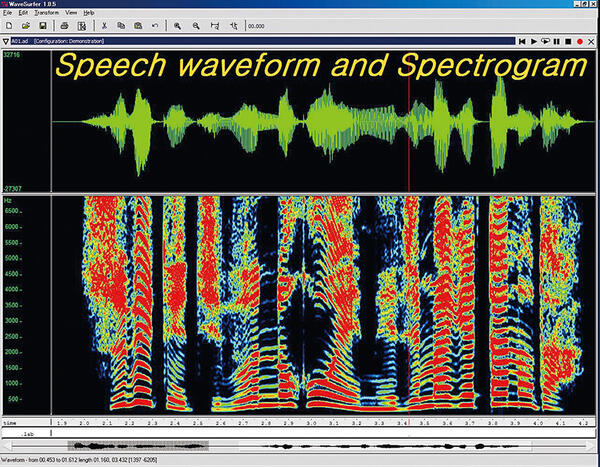
 multimedia
multimedia


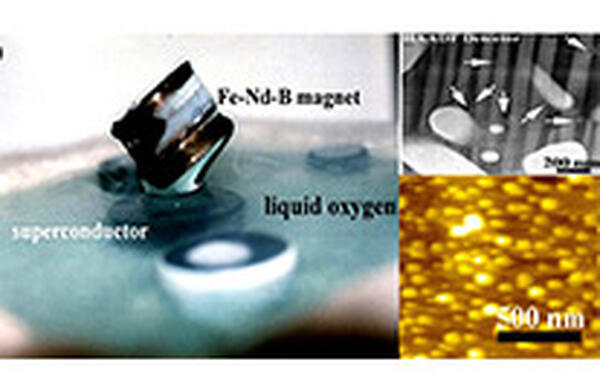
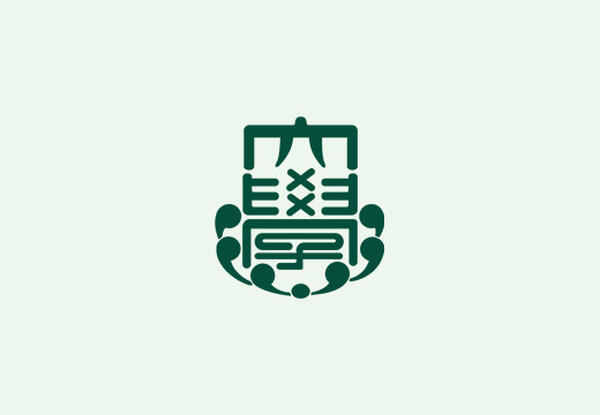
 network
network software
software society
society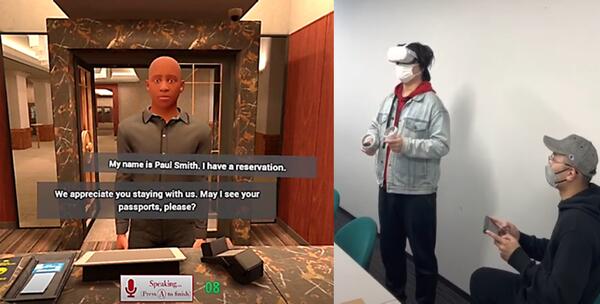
 communication
communication society
society informationdesign
informationdesign


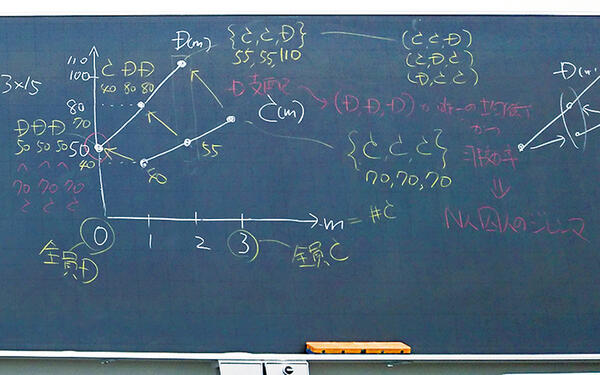
 society
society

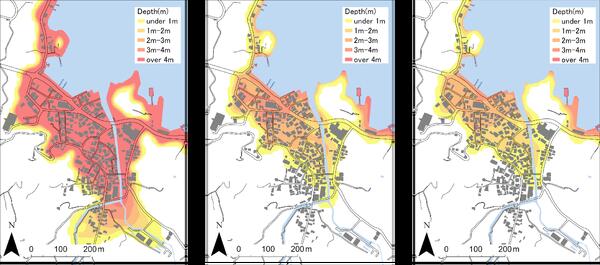
 safety
safety environment
environment architecture
architecture


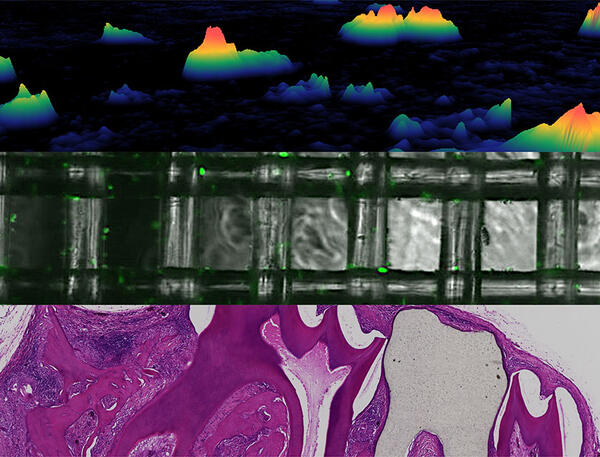
 material
material medical
medical health
health

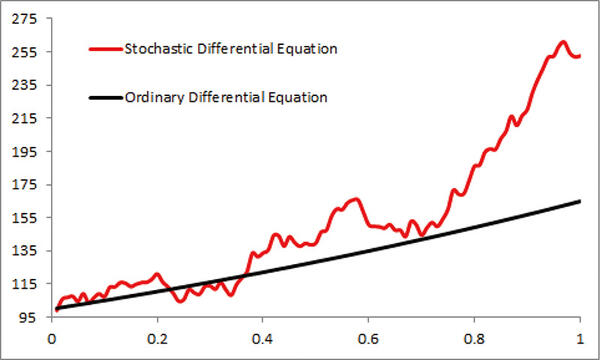
 basic
basic
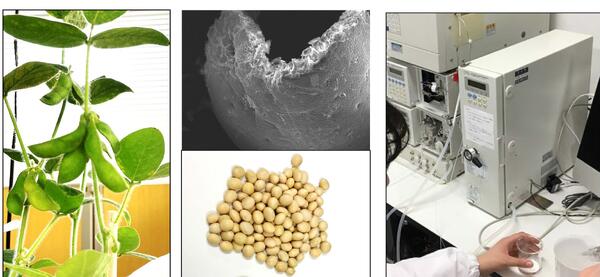
 ecology
ecology environment
environment society
society



 health
health


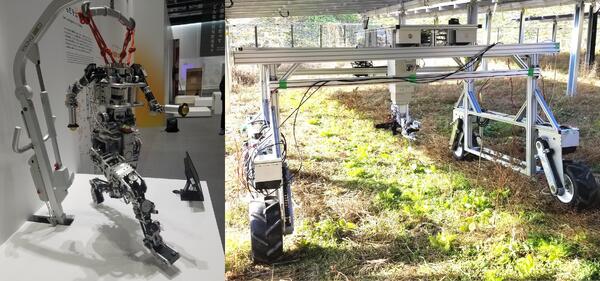
 robot
robot mechanical
mechanical multi
multi


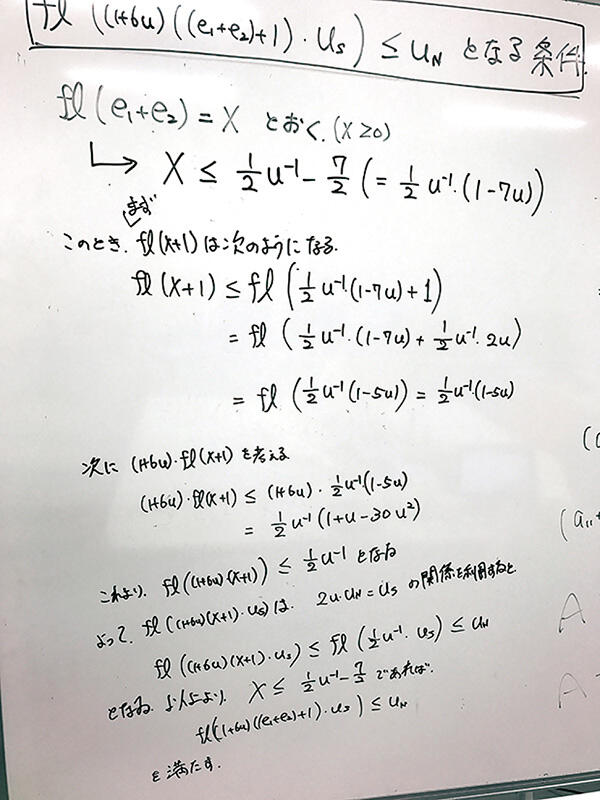
 basic
basic

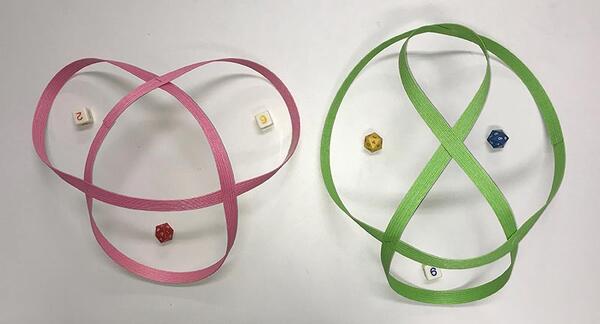
 education
education

 communication
communication health
health informationdesign
informationdesign

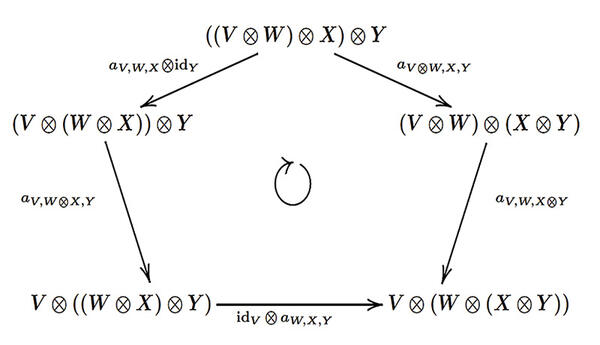
 basic
basic

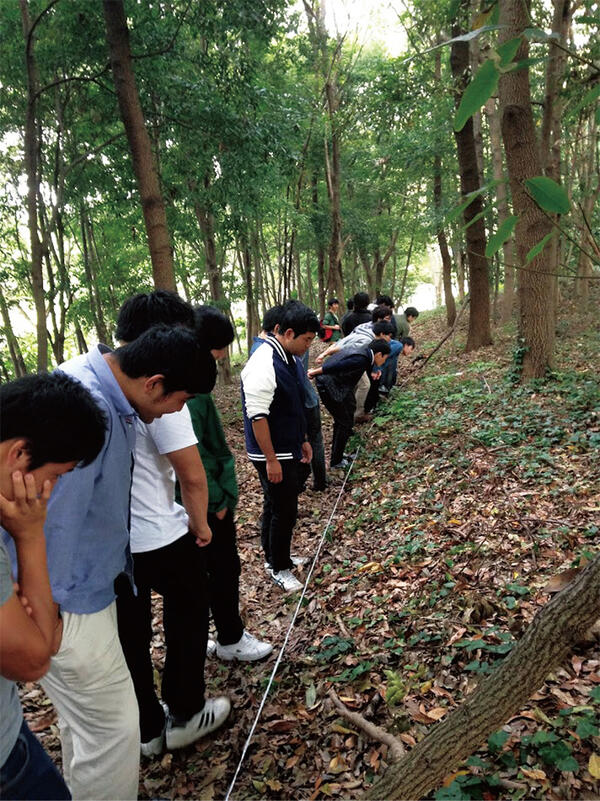
 ecology
ecology environment
environment society
society


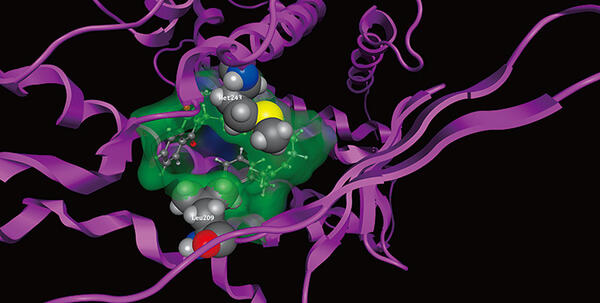
 chemistry
chemistry material
material medical
medical


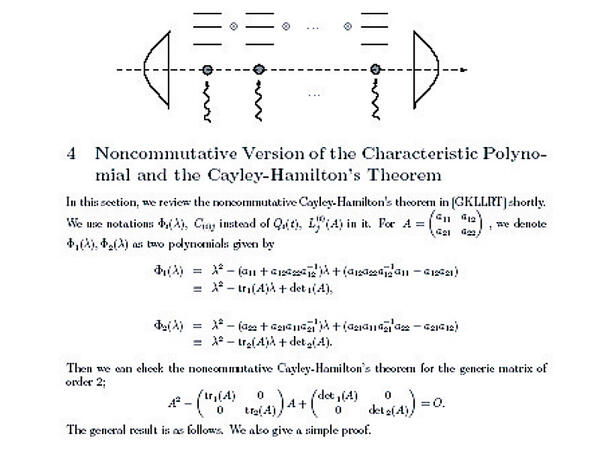
 basic
basic
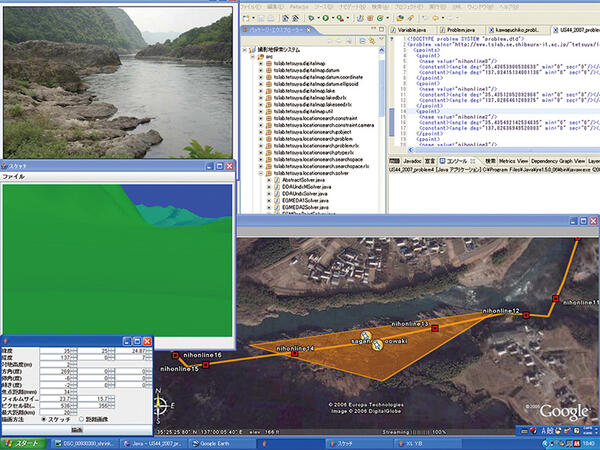
 software
software

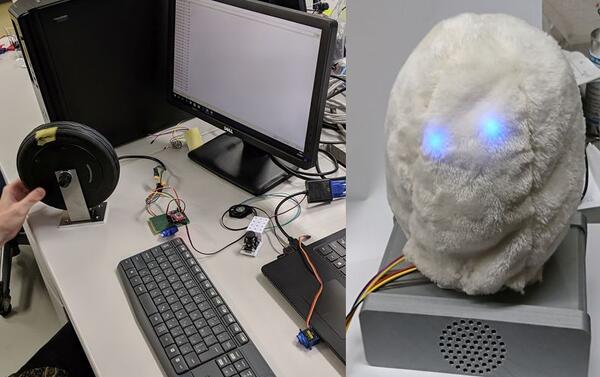
 robot
robot mechanical
mechanical medical
medical
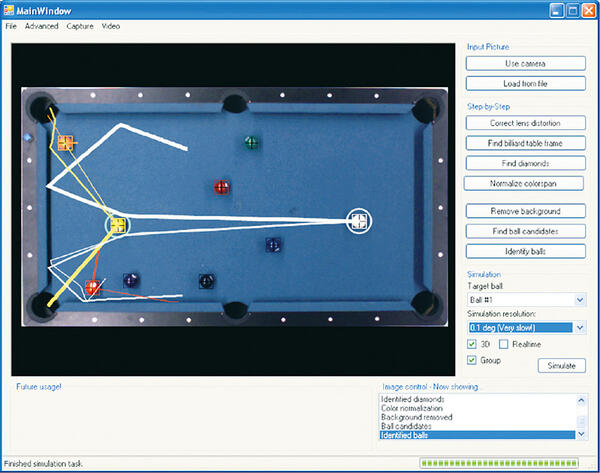
 medical
medical software
software

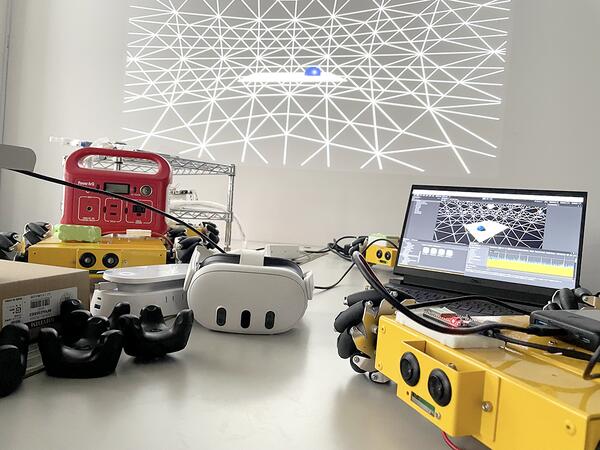
 robot
robot multimedia
multimedia software
software


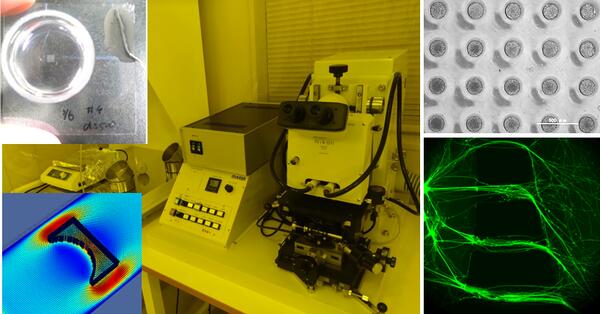
 biotechnology
biotechnology medical
medical health
health


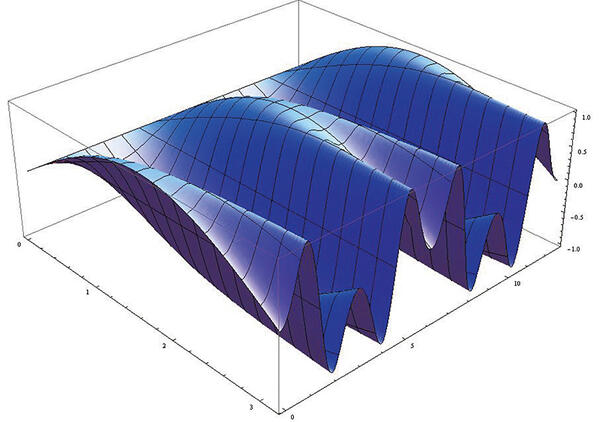
 basic
basic education
education

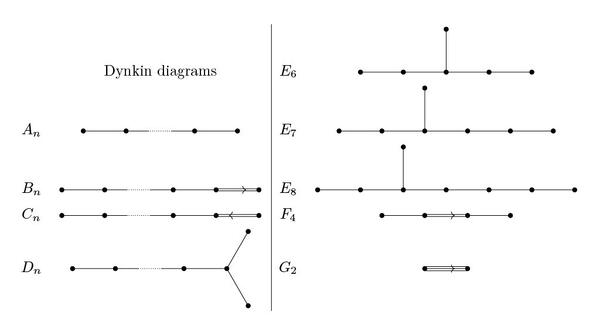
 basic
basic

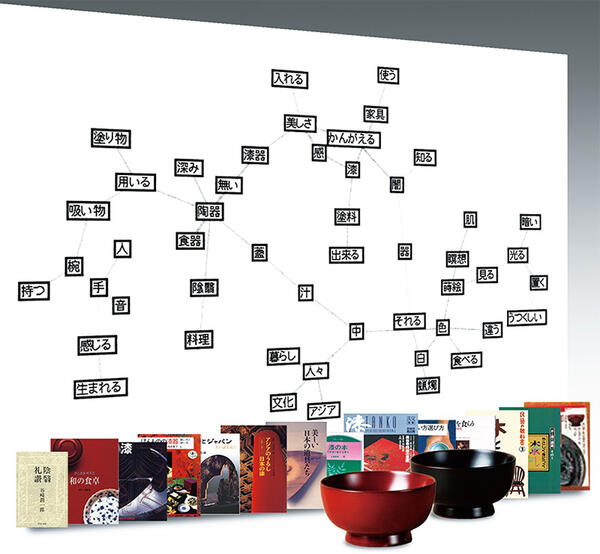
 multi
multi


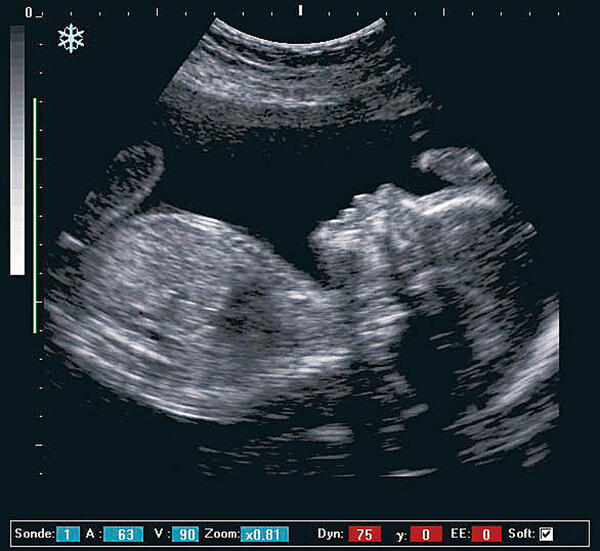
 medical
medical
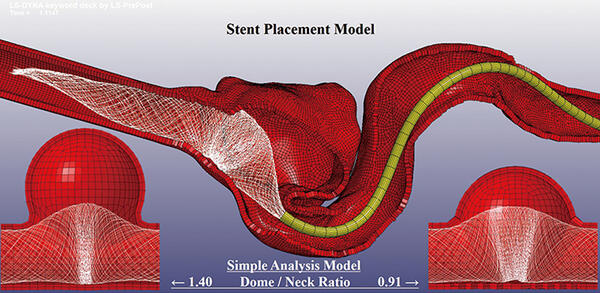
 mechanical
mechanical

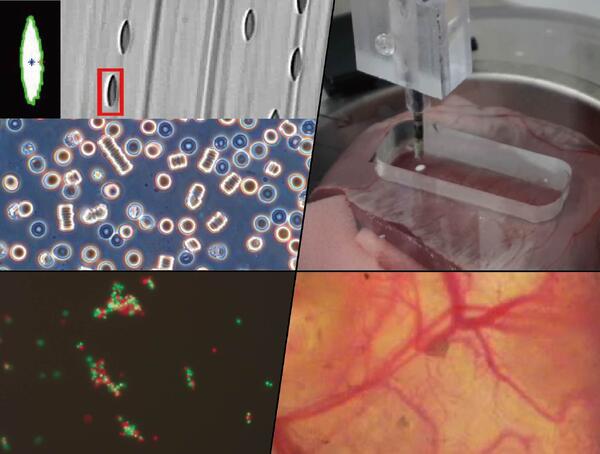
 mechanical
mechanical medical
medical health
health


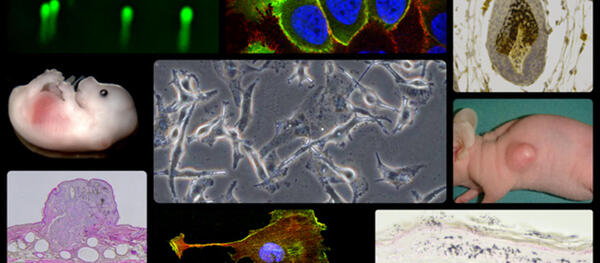
 biotechnology
biotechnology medical
medical health
health


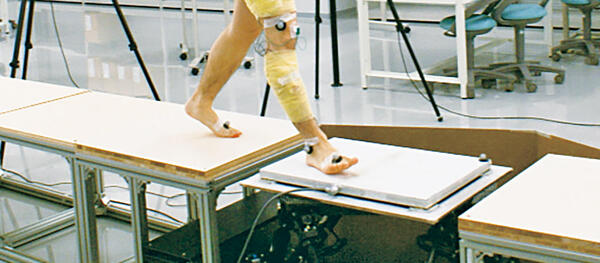
 robot
robot medical
medical health
health
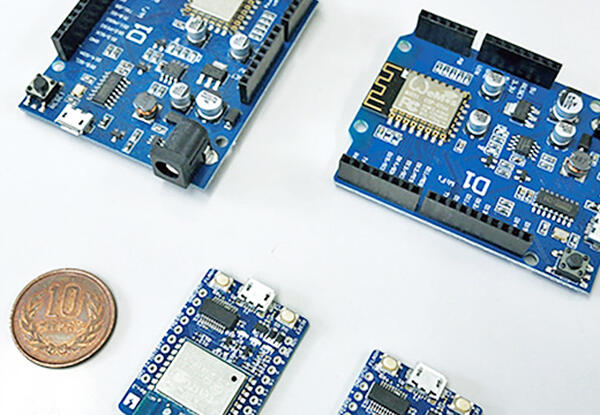
 network
network software
software informationdesign
informationdesign

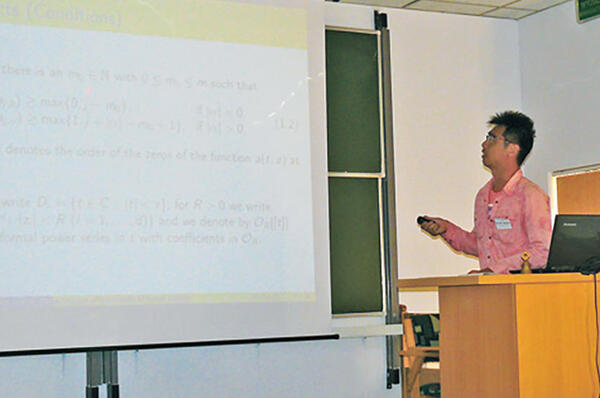
 basic
basic
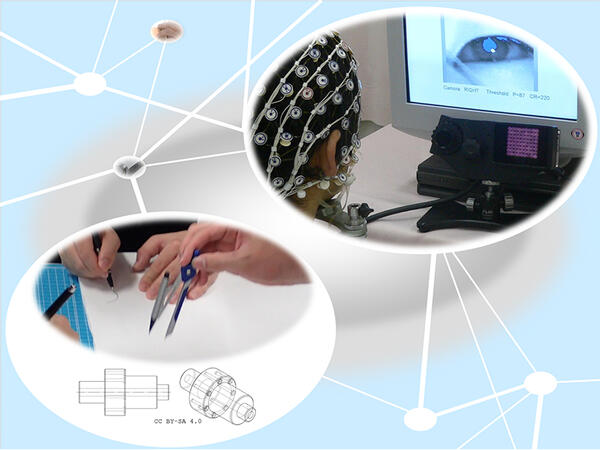
 software
software multi
multi

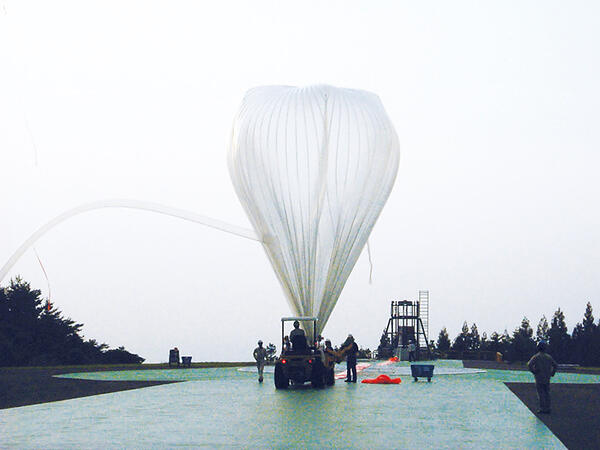
 basic
basic education
education
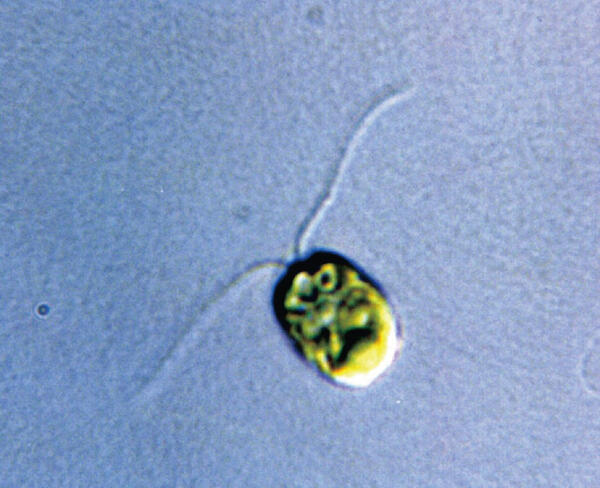
 biotechnology
biotechnology

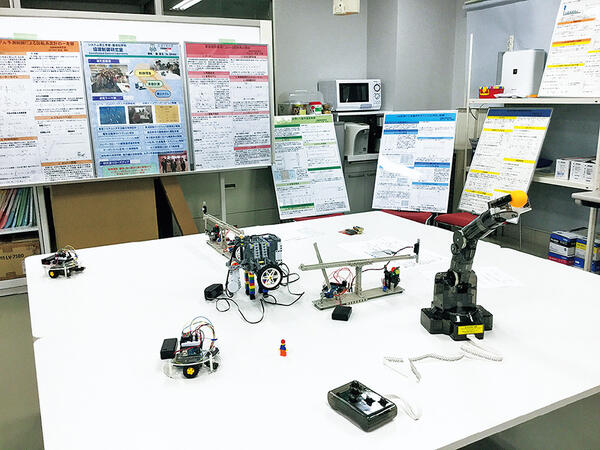
 basic
basic
